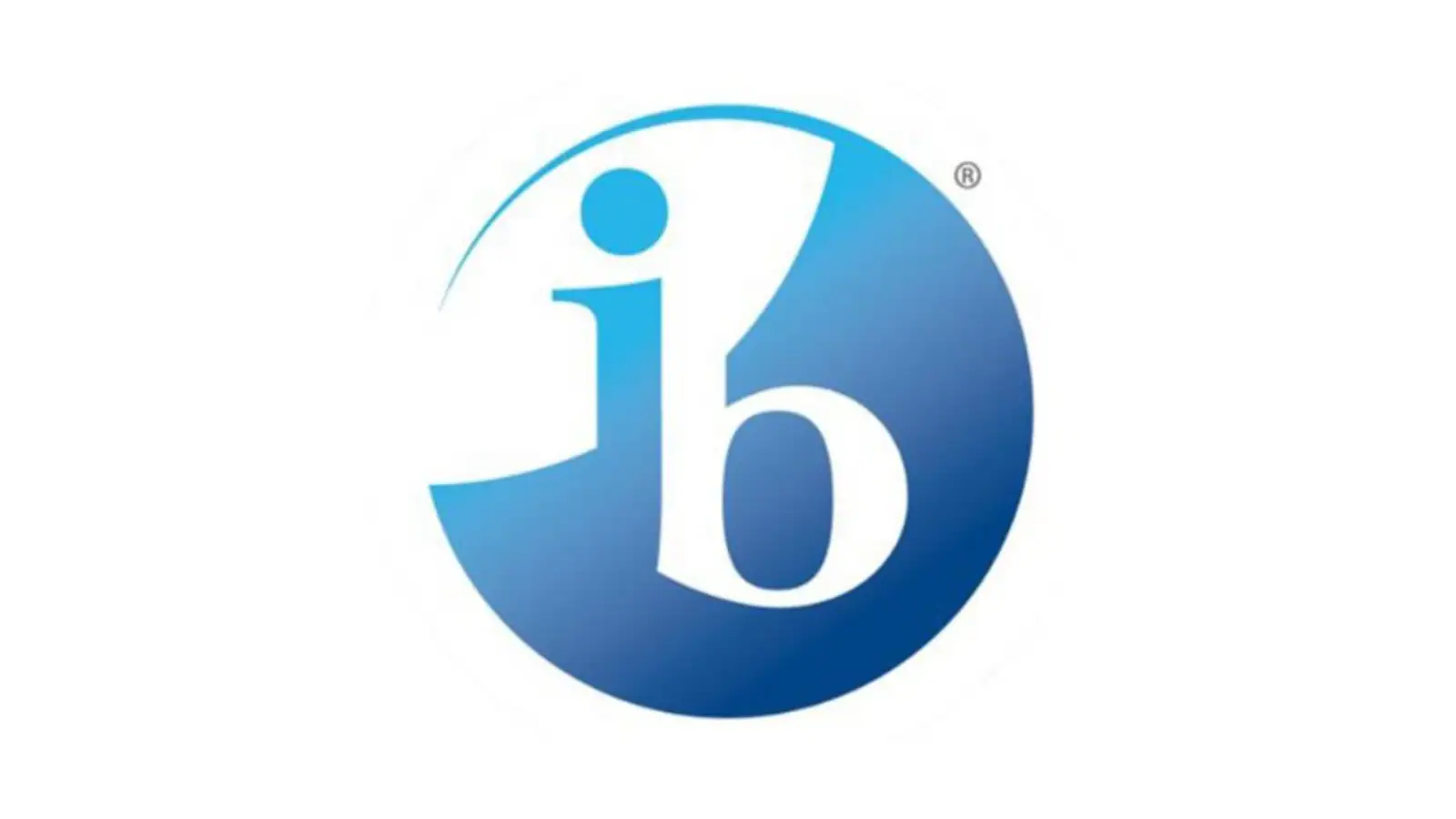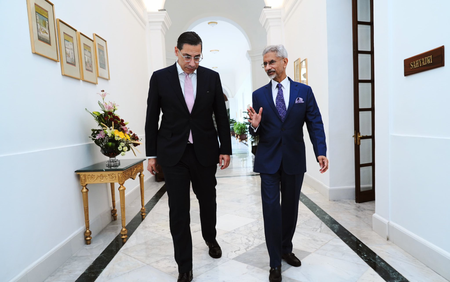Copyright news18

By Rima Singh Indian schools have long followed different boards such as CBSE, ICSE and state boards to standardise their curriculum, teaching and examination patterns. In the past decade, the International Baccalaureate (IB) has also emerged as a popular choice among students. Initially, many parents were apprehensive, though some admired the pedagogy that IB schools follow. Often considered an elite academic path, it was also viewed as an overwhelming challenge. Since the system replaced rote memorisation with reasoning and test scores with lifelong skills, many parents developed the misconception that IB schools make learning harder. Nothing could be further from the truth. The IB framework, consisting of the Primary Years, Middle Years, Diploma and Career-related programmes, nurtures learners who are curious, confident and globally aware. A far cry from conventional education that focuses on recall and rote learning, IB students reflect on their lessons and understand topics holistically. They connect ideas, view knowledge as dynamic, and learn to question assumptions. This change in mindset helps them understand that adaptability, critical thinking and creativity are indispensable. The Core Of The IB Framework The core structure of IB differs greatly from other boards. It has three major components. The Theory of Knowledge (TOK) component encourages analytical and philosophical inquiry as students explore their understanding of different disciplines. The Extended Essay (EE) is a 4,000-word independent research paper that builds academic writing skills, discipline and research capability. It is at par with first-year university work, preparing students for future academic challenges. The third component, Creativity, Activity, Service (CAS), ensures that education extends beyond academics by creating balance and nurturing empathy among students. The IB curriculum is academically rigorous but prepares students for the complex global world they are about to enter. With an emphasis on ethical decision-making, intercultural understanding and real-world problem-solving, students learn to approach issues from multiple perspectives. This approach enables them to navigate challenges related to technology, equity and sustainability, equipping them with an international outlook and paving the way for higher education in globally recognised universities. Opening Doors To Global Opportunities Universities across the world recognise the IB as a strong indicator of intellectual readiness. Graduates are more likely to secure admission to prestigious universities, as they are capable of independent thinking, adapting to diverse academic environments and managing research projects. IB students study to understand and apply concepts in real-world contexts rather than simply preparing for exams. They acquire communication, empathy and logical thinking skills, becoming strong communicators, problem-solvers and future leaders who can navigate cultural and intellectual diversity with confidence. The impact of IB education extends beyond the classroom and becomes evident when students apply to universities. Since the IB is globally recognised, it allows them to explore opportunities worldwide. Admission officers often acknowledge that IB graduates are better prepared, as they are already accustomed to academic thinking, independent project management and research-based writing. However, success in IB demands commitment from both students and parents. While the learning process is not necessarily difficult, it is demanding and designed to build depth. Parents opting for IB schools must ensure that the teachers are IB-trained and capable of guiding students with balance and empathy. The IB is not for those chasing higher marks; it is a holistic journey that leads to meaningful learning. As students become inquisitive and question everything, they learn to take intellectual risks. For those willing to explore, reflect and grow, the IB becomes a lifelong advantage. (The author is the Head of School, DPS International. The views expressed above are personal and solely those of the author. They do not necessarily reflect News18’s views.)



